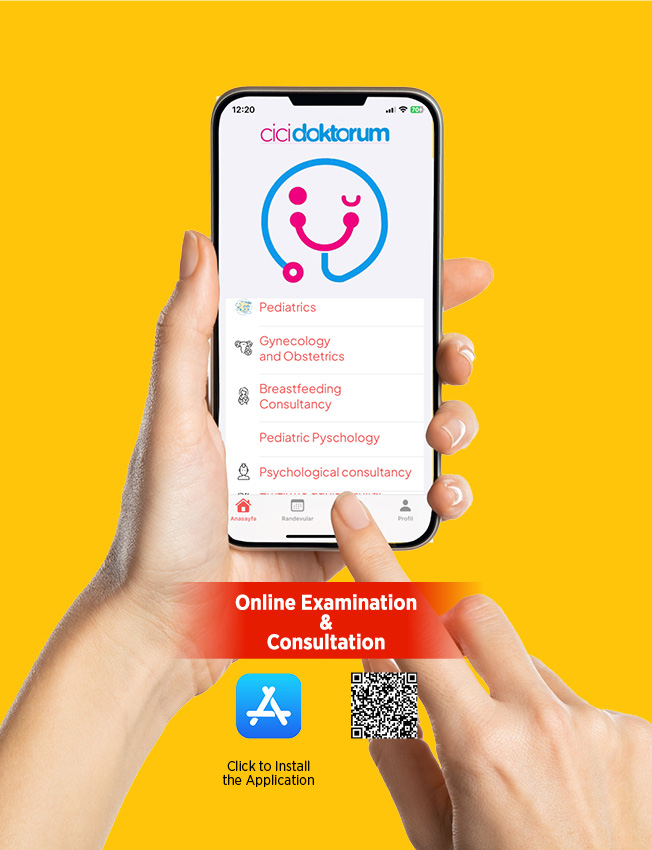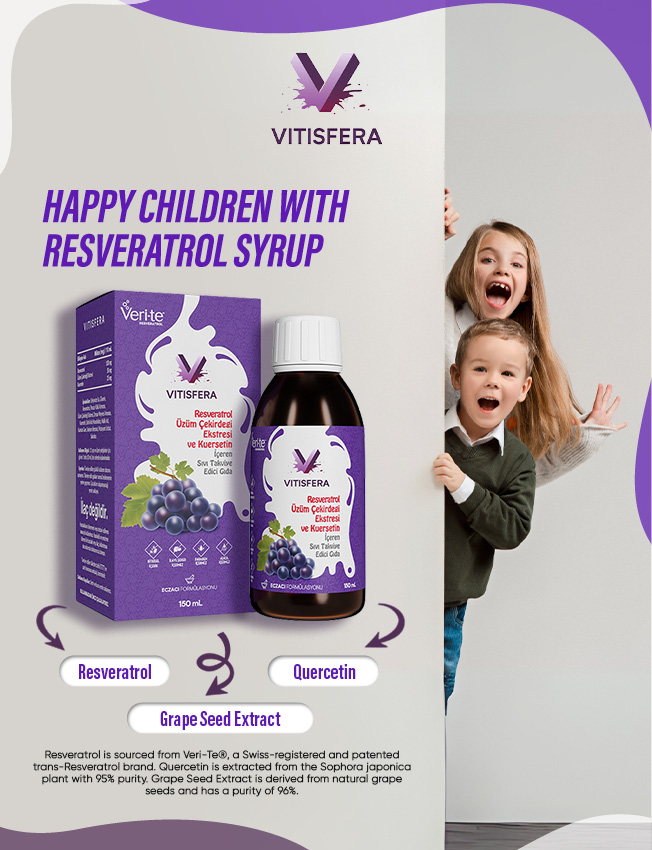Pay Attention to Your Caregiver’s Health When Choosing One for Your Child

You have returned to work, or your grandmother or grandfather has supported you to a certain extent. You have decided to raise your most precious child with a caregiver. I’m sure you all pay attention to the caregiver’s experience, references, communication skills, and personality when selecting the ideal caregiver. But do you pay attention to whether your caregiver is healthy?
A caregiver’s health status plays a critical role in ensuring children’s safety and health. Therefore, it is extremely important to gather information about the health status and safety of the person you choose as a caregiver. Here are some medical tests and health screenings you need to conduct to determine whether the caregiver is healthy:
Have a Family Doctor Checkup
Ensure that your caregiver candidate is examined by a family doctor for an overall health assessment. During this examination, any existing health problems, chronic illnesses, and medications being used can be identified.
Check Vaccinations
Since your caregiver will have intense interaction with children, verify that their vaccinations are up-to-date. Especially check whether they have received the measles-mumps-rubella (MMR) vaccine or had those diseases in the past. If your caregiver comes from a foreign country, check whether they have been vaccinated against tuberculosis. If they are not vaccinated, perform a PPD test at a tuberculosis health dispensary to determine if they are at risk for tuberculosis. If your baby is a newborn, make sure your caregiver receives the adult-type diphtheria-pertussis-tetanus vaccine. Since your baby’s pertussis vaccine will be given at 2 months of age, during this period, your baby is at risk for whooping cough infection.
Pay Attention to Psychological and Emotional State
Especially since the caregiver will be in constant interaction with children, it is crucial that their psychological state is good. Pay attention to whether your caregiver can manage stress and is emotionally resilient. Remember that taking care of a child is not an easy task, and at times, your own psychology can be affected.
Conduct Screening Tests for Infectious Diseases
Don’t neglect to conduct screening tests for infectious diseases, particularly for HIV, Hepatitis B, and C. This is important for protecting both your children’s and your caregiver’s health.
Be Aware of Chronic Conditions
If your caregiver has chronic illnesses such as asthma, diabetes, hypertension, or rheumatic diseases, it is essential to know whether they are affected by these conditions and, if they are on medication, to learn about the possible side effects of these medications. Proper management of these diseases can impact your caregiver’s performance.
Inquire About Their Sleep Patterns
Find out if your caregiver has any sleep disorders and whether they take medication for this. Remember that insomnia can disrupt an individual’s daily life, attention span, and psychological state, which can negatively affect children.
Choosing a childcare provider requires a meticulous process. The caregiver’s health status plays a critical role in the safety and health of children. It is crucial to take health criteria into account when making a selection and a decision.
Remember that you will be living in the same house as your caregiver, and over the years, they will also become part of your household. Therefore, do not neglect to pay attention to your caregiver’s health status.









